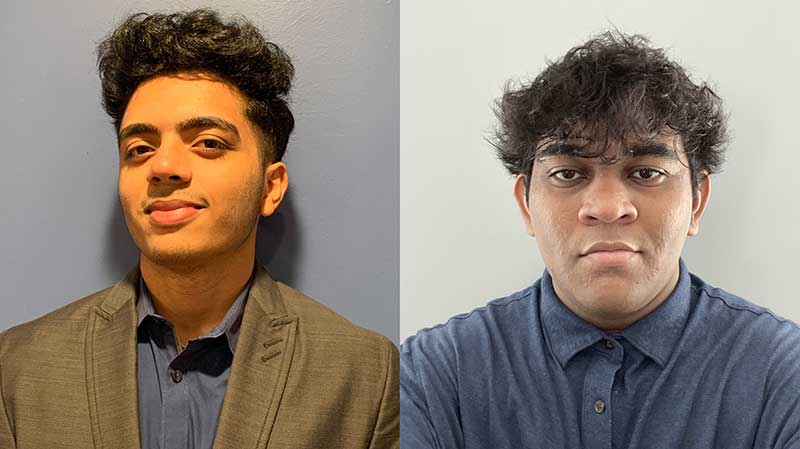Khoury News
Filter your search
Showing 9 of 1572 results
-
-
-
News at Northeastern
CCIS Student launches campaign to promote sustainable diving practices
- January 4, 2018
Northeastern student Jodi Robertson discovered a passion for scuba diving during her gap year after high school. While traveling in Colombia, she met a dive instructor who piqued her interest […] -
-
Current Students
CCIS student’s research brings him to Oxford conference
- December 20, 2017
By Julia Renner Professor Olin Shivers describes William Meehan and Milo Davis as the most aggressively curious students in his freshman-year logic and computation course. He can tell when students […] -
CCIS Students Win Second Place at Navy-Sponsored Hackathon
- December 20, 2017
By Gwendolyn Schanker Alexander Aubuchon and Gabriel Centeno were introduced to machine learning research at the onset of their co-ops in January and July of 2017, respectively. Little did they know […] -
 General
GeneralFrom a philosophy major to a Master’s in Computer Science
- December 20, 2017
A background in philosophy may not sound like a typical transition into a career in computer science. For Dan Daskivich, that was his ideal path—and it was one he was […] -
-
Showing 9 of 1572 results


